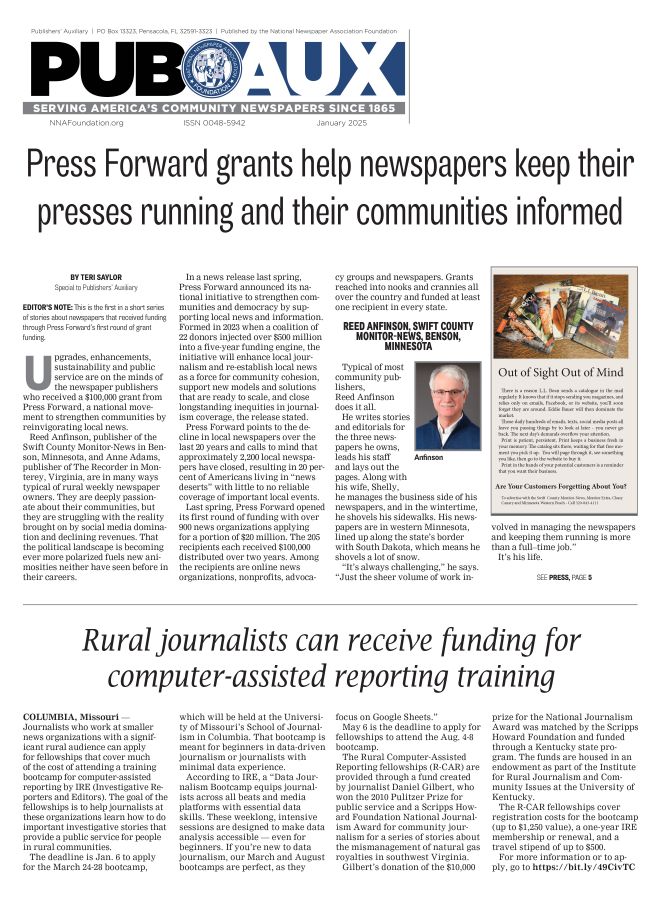Should courts decide who is a religious minister? Do they have a choice?
First Five by the Freedom Forum Institute
May 28, 2020
By Benjamin Marcus
Download Word doc here.
The government should not be in the business of telling religious communities who to hire or fire as religious leaders.
That seems straightforward, right? Imagine if a court ordered a Catholic church to hire an Episcopal priest. That is a clear violation of the Establishment Clause. Americans should affirm the rights of religious communities to choose their priests, pastors, rabbis or imams — even if discriminating on the basis of religious belief is forbidden in other types of employment.
In 2012, the U.S. Supreme Court affirmed unanimously in Hosanna-Tabor Evangelical Lutheran Church and School v. EEOC that religious employers have a “ministerial exception” to non-discrimination laws, which allows them to hire or fire ministers for any reason. In a new case before the U.S. Supreme Court, the nine justices now have to decide who qualifies as a “minister.” But is the court competent to make that decision?
This month, the court heard oral arguments in Our Lady of Guadalupe School v. Morrissey-Berru and St. James School v. Biel. In those cases, the justices were asked whether the ministerial exception applied to fifth-grade teachers in Catholic elementary schools who taught classes about religion. Morrissey-Berru alleges that she was fired because of her age. Biel’s school did not renew her contract after Biel was diagnosed with breast cancer and she requested time off. The schools assert the government cannot interfere with their termination decisions because Biel and Morrissey-Berru qualify as ministers. But are they?
Given the court’s determination in Hosanna-Tabor that the ministerial exception protects religious employers from lawsuits brought by minister-employees terminated for reasons of age, disability, race, sexual orientation or any other factor, the government is faced with a challenge: defining “minister” broadly enough to safeguard religious freedom but narrowly enough to protect the integrity of antidiscrimination laws such as the Americans with Disabilities Act, the Civil Rights Act of 1964, the Fair Labor Standards Act and the Equal Pay Act.
Should the definition of “minister” be determined by the title of the employee? Justices Samuel Alito and Neil Gorsuch pointed out that some “minority religions” do not use the “Christian/Protestant” term. Religious liberty advocates Asma Uddin and Howard Slugh made a similar point in their recent article in Newsweek.
Should the definition of “minister” be determined by the function of the employee? For example, the U.S. government representative arguing in support of Our Lady said that certain functions like “preaching, teaching, worship, leadership and rituals” signal that an employee functions as a minister, whatever their title. But the justices questioned this approach too. Justices Ruth Bader Ginsburg, Gorsuch and Brett Kavanaugh all invoked a hypothetical coach who prays with students before a game. Does that person count as a minister just because they engage in religious activity?
To determine whether an employee’s function qualified for the ministerial exception, some of the justices asked the lawyers about the rules they should use to determine if a job is “primarily religious in any way” or if their religious function is just a “de minimis” factor that is not a “meaningful” part of their job.
Here the oral arguments illuminate one way the government’s commitment to religious freedom — and justices’ interest in avoiding the excessive entanglement of religion and government — paradoxically result in government officials carefully defining what counts as religious. By pursuing lines of questioning that seek to determine whether a job is primarily or meaningfully religious, the justices get in the business of judging the relative importance of religious practices to religious identity.
Justice Gorsuch suggested an alternative. The Religious Freedom Restoration Act recognizes “any sincerely held religious belief” when considering free exercise claims and judges do not make determinations about the relative importance or centrality of a belief or practice. This line of thinking is relatively sound from an academic perspective. Among religious studies scholars, it is common to accept the self-designation of a person or community as religious or not.
To wit: when I was in divinity school, I successfully applied for a grant from my school for which I argued that interning at the U.S. State Department was part of my “call to ministry.”
But if judges accept employers’ decisions about who counts as a minister, can the government robustly enforce non-discrimination laws? What would stop an employer from saying that everyone functions as a minister, Justice Sonia Sotomayor asked. In fact, amicus briefs from major Jewish and Christian groups argue that every teacher performs an important religious function.
In a surprising moment, Justice Elena Kagan asked whether even a nurse at a Catholic hospital “who prays with sick patients and is told otherwise to tend to their religious needs” counts as a minister. Maybe yes, said the lawyer representing Our Lady.
As a religious studies scholar, I do not disagree with the assertion that all teachers in a school might perform an important religious function, nor do I deny that nursing can function as a form of ministry. Religion is embedded in every aspect of the human experience. All actions, no matter how mundane they may seem, can have sacred significance. Job titles — and even job functions — do not determine whether an act is religious or whether a job is ministerial.
But, as noted above, the government has a compelling interest to uphold non-discrimination laws. Allowing religious employers to determine unilaterally who counts as a minister could remove non-discrimination protections from hundreds of thousands of teachers, nurses and others who are employed by religious institutions. Should the court allow religious communities to self-designate ministers — a sound choice from the perspective of some religious studies scholars — if doing so would eviscerate non-discrimination protections?
It might be more intellectually honest for courts to recognize that some employees who perform ministerial roles, no matter how meaningful or central they are to an individual or community’s religious identity, do not qualify for the ministerial exception because non-discrimination laws take precedent. The challenge, of course, will be in identifying the standard used to make that determination. We will see what the court decides later this year.










